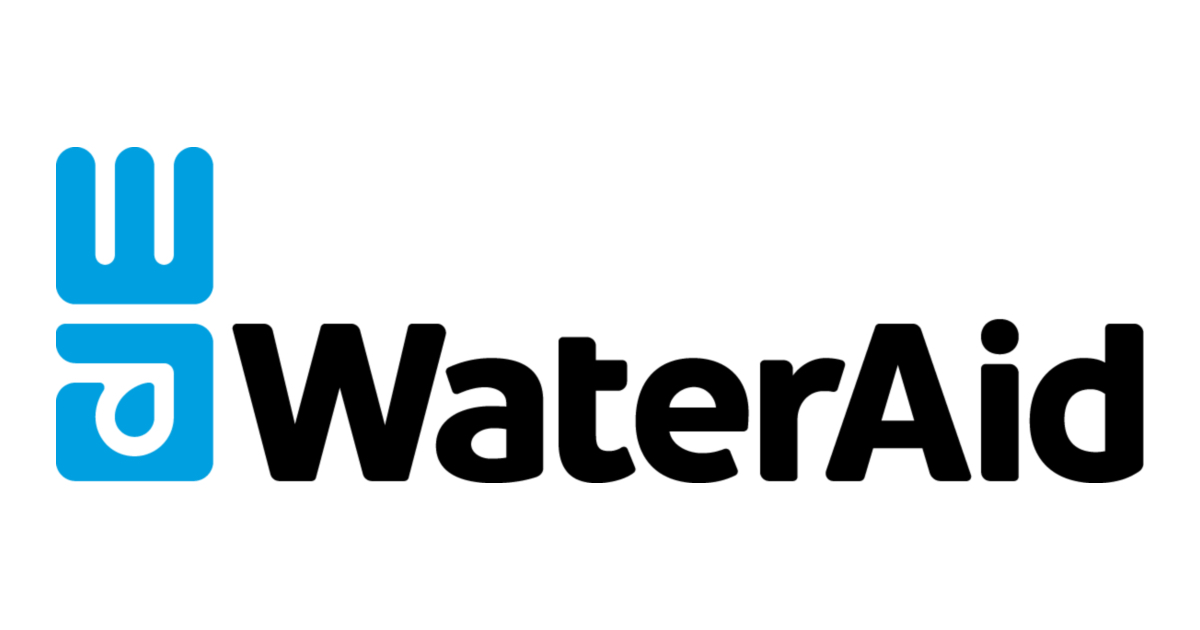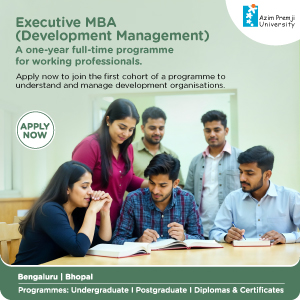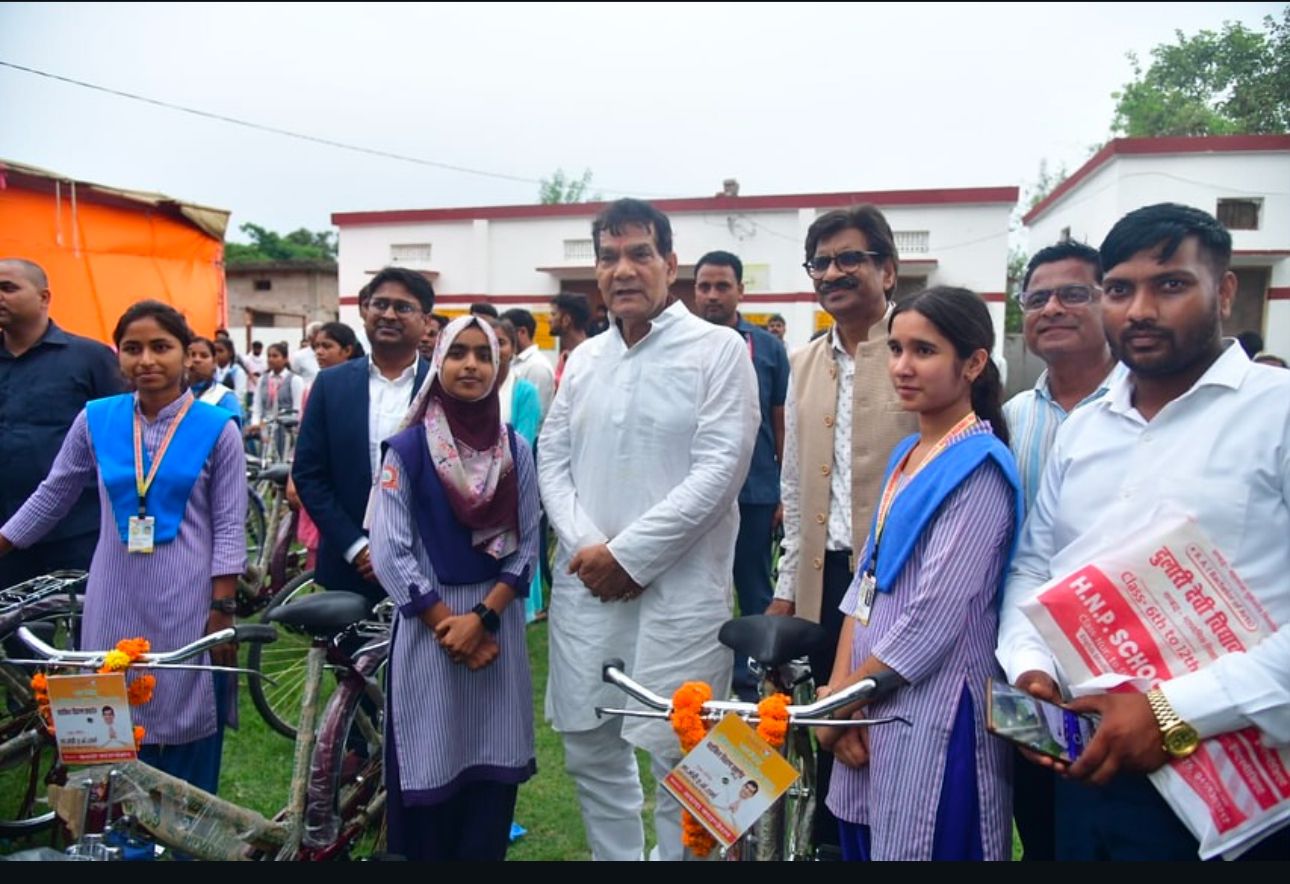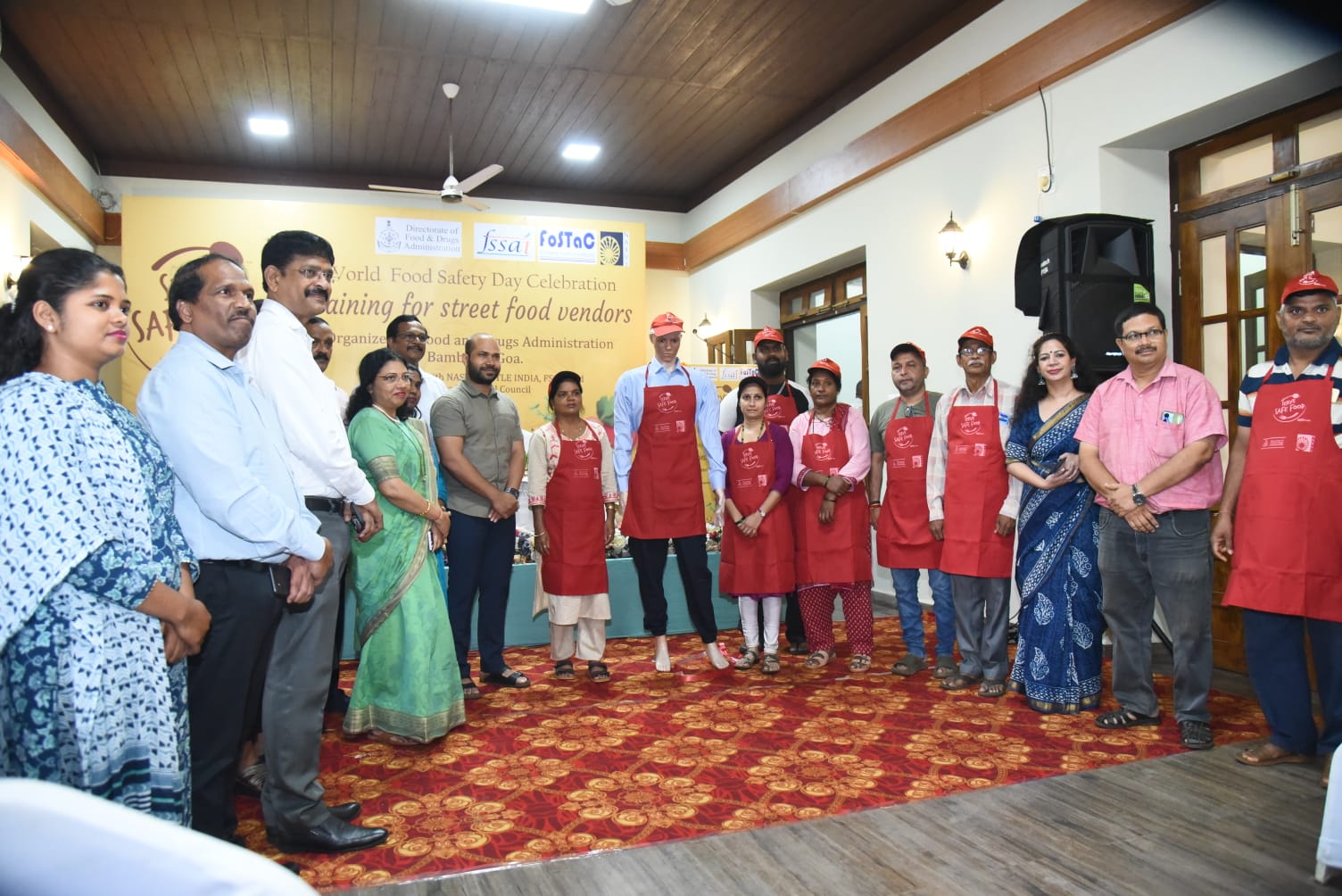Subscribe our Weekly Newsletter
RFP - Agency to Support Wool Processing and Development in Uttarkashi District, Uttarakhand

Organization: UNDP
Apply By: 30 Jun 2025
About the Organization
UNDP has been working in India since 1951 in almost all areas of human development. Together with the Government of India and development partners, we have worked towards eradicating poverty, reducing inequalities, strengthening local governance, enhancing community resilience, protecting the environment, supporting policy initiatives and institutional reforms, and accelerating sustainable development for all. With projects and programmes in every state and union territory in India, UNDP works with national and subnational government, and diverse development actors to deliver people-centric results, particularly for the most vulnerable and marginalized communities. As the integrator for collective action on the Sustainable Development Goals (SDGs) within the UN system, we are committed to supporting the Government of India’s national development vision and priorities and accelerating the achievement of the SDGs for the people and the planet.
About the Proposal
Background and Rationale:
The Gangotri-Govind landscape in Uttarkashi district is a vital part of the Western Himalayan biodiversity hotspot, home to unique flora, fauna, and traditional livelihoods. However, the region faces ecological and socio-economic challenges, including climate change impacts, unsustainable resource use, and limited livelihood opportunities-especially for women, who are increasingly the primary economic actors due to high male out-migration. Despite these challenges, there is significant potential for sustainable, biodiversitysensitive rural enterprises-particularly in wool-based handlooms. The Biodiversity Finance Initiative (BIOFIN) led by UNDP has identified innovative finance solutions to integrate biodiversity conservation with rural livelihoods, including the establishment of community-managed biodiversity funds.
Objectives:
- Enhance net incomes of wool producers by investing in wool preprocessing tools, techniques and strengthening market access.
- Build on the SECURE Himalaya project’s baseline and outcomes, using its data as the foundation for measuring income improvements.
- Ensure that 10% of income generated through project activities is contributed to a community led biodiversity fund (Local Biodiversity Fund), to be managed in coordination with the Uttarakhand State Biodiversity Board for local conservation initiatives
Key Challenges:
The agency must address the following:
- Knowledge and Skills: Limited awareness of wool quality, lack of advanced processing and design skills, and declining youth engagement.
- Processing Infrastructure: Inadequate and outdated machinery, poor pre-processing practices, and unreliable utilities.
- Market Access: Weak connections to high-value domestic and international markets, limited branding, and vulnerability to middlemen.
- Product Diversification: Over-reliance on traditional products, lack of innovation, and insufficient quality assurance.
- Sustainability: Absence of robust, community-owned value chains and limited business management capacity
Scope of Work:
Baseline and Income Measurement
- Refer to SECURE Himalaya project reports to establish baseline income data. Sample data from Bagori Village - https://docs.google.com/spreadsheets/d/1xFqkGzIeYY39DHxyjg6Fqd80joihIJIYGvVXH0F VXsc/edit?usp=sharing
- Develop and implement a methodology for tracking changes in average net incomes of wool producers, ensuring comparability with the established baseline.
- Report both absolute and percentage increases in net income, disaggregated by gender, location, and producer type.
Community Mobilization and Capacity Building
- Map and mobilize wool producers, artisans, and green entrepreneurs.
- Conduct participatory needs assessments.
- Organize training on advanced wool pre-processing, product design, entrepreneurship, and business management.
- Facilitate exposure visits to successful initiatives in India
Infrastructure and Technology Upgradation
- Conduct a detailed analysis of existing wool processing infrastructure.
- Where required, procure and install natural dye units and wool pre-processing machines (scouring, opening, carding, ball winding, spinning).
- Train local youth and artisans in the use and maintenance of new equipment.
Product Development and Diversification
- Conduct microscopic analysis for wool fibre thickness and length – to ascertain quality and market potential.
- Develop a portfolio of high-value, diversified products (garments, home furnishings, architectural application, eco-friendly packaging, handicrafts).
- Promote the use of natural dyes and innovative techniques
Value Chain Strengthening
- Map and analyse the existing value chain; identify and address bottlenecks.
- Implement SOPs for pre-processing, quality control, and traceability.
- Build partnerships with government, financial institutions, and technical experts.
Market Linkages and International Partnerships
- Conduct market research to identify high-value buyers. Conduct market research to identify and connect with high-value buyers. This will involve both secondary and primary research methods, like reaching out to buyers and initiating partnerships.
- Facilitate participation in domestic and international trade fairs and expos.
- Organize targeted buyer-seller meets in India and abroad.
- Develop a unique brand identity and pursue relevant certifications (e.g., Indian Wool Mark, GI tags, organic).
- Ensure products are listed on at least 2 key e-commerce platforms through strategic partnerships Collaborate with international designers and buyers for product innovation.
- Ensure rigorous quality control and supply chain transparency.
Revenue Generation and Biodiversity Fund Management
- Develop business models for community-owned enterprises.
- Ensure 10% of income generated is allocated to a biodiversity fund.
- Coordinate with the Uttarakhand State Biodiversity Board for fund management and alignment with conservation priorities.
- Facilitate community-led planning and documentation of biodiversity investments.
Documentation, Monitoring, and Reporting
- Document all processes, outcomes, and lessons learned.
- Prepare periodic and final reports on income enhancement, market linkages, and biodiversity fund utilization.
- Disseminate findings through workshops, publications, and digital platforms.
Expected Deliverables:
- Inception Report: Work plan, stakeholder mapping, and summary of SECURE Himalaya baseline income data.
- Infrastructure Improvement Report: Analysis of existing processing infrastructure and recommendations for upgradation. Documentation of machinery procurement, installation, and training.
- Training and Capacity Building Reports: Modules and completion reports for all training activities including SOPs for quality control and traceability – A minimum of 5 deep-dive workshops (of at least 7 days each) with at least 30 participants on training and capacity building to develop market-ready products. Workshops to be conducted in the existing wool processing centres in project villages.
- Product Portfolio and Innovation Report: Samples and documentation of diversified, market-ready products.
- Market Linkage and Branding Report: Details of market research, results from buyer engagement, branding, certifications, and digital marketing initiatives.
- Income Enhancement Reports: Annual and final reports showing changes in net incomes, with analysis and disaggregation. Mechanism for fund allocation, coordination with the State Biodiversity Board.
- Final Documentation report with key knowledge products: Case studies, digital content, and dissemination materials
Timeline: 12 months (July 2025 – June 2026)
Eligibility
- Technical Expertise:
- The agency/team must have 5 years proven experience in wool processing, product design, and value chain management, ensuring an understanding of the entire wool production process and its technical optimization needs.
- Market Access and Linkage Skills:
- Expertise in connecting rural producers to high-value markets (both domestic and international), emphasizing branding, certifications, and sustainable digital marketing to maximize economic benefits for the wool producers in at least 2 exhibitions/marketplaces at the national level and 1 exhibition at the international level.
- Community Engagement and Gender-Sensitive Development:
- Demonstrated experience of at least 5 years working in participatory rural development projects, especially with marginalized groups and women in the Himalayas, ensuring inclusivity and socio-economic impact.
Key Competencies Required:
- Technical Expertise: Wool processing, product design, value chain management.
- Community Engagement: Participatory rural development, especially with women and marginalized groups.
- Market Access: Expertise in connecting rural producers to national and international markets, branding, and digital marketing.
- Entrepreneurship and Innovation: Experience in rural enterprise development and introducing new technologies.
- Documentation and Reporting: Strong M&E, reporting, and knowledge dissemination skills.
- Partnerships: Networks with sector experts, buyers, government, and development partners.
- Cultural and Environmental Sensitivity: Understanding of Himalayan contexts and commitment to social inclusion and sustainability.
How to Apply
Application Requirements:
- Submission of a detailed technical proposal, including the methodology, work plan, and proposed team composition.
- Organizational profile highlighting prior experience with similar assignments.
- Curriculum Vitae (CVs) of key personnel involved in the project.
- Financial proposal covering the project deliverables and timeline.
- References from at least two successfully completed comparable assignments.
Deadline on: 30-Jun-2025 08:00 (GMT -4.00)
For more information please check the Link
Join us for the 12th Edition of India CSR & ESG Summit 2025 | Register Now
Latest Online Store
Latest Grants
Latest News
© Renalysis Consultants Pvt Ltd



























